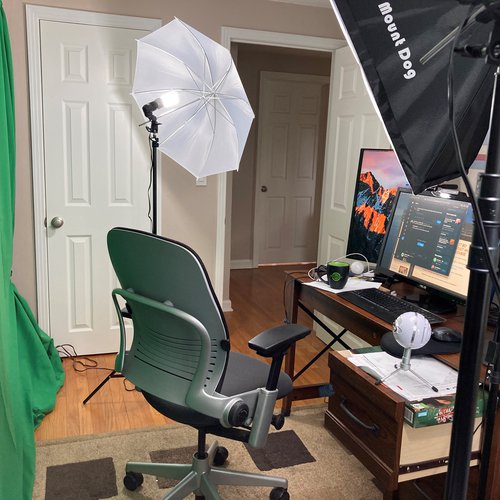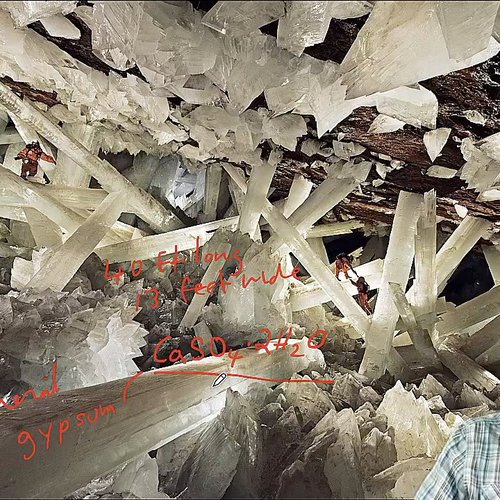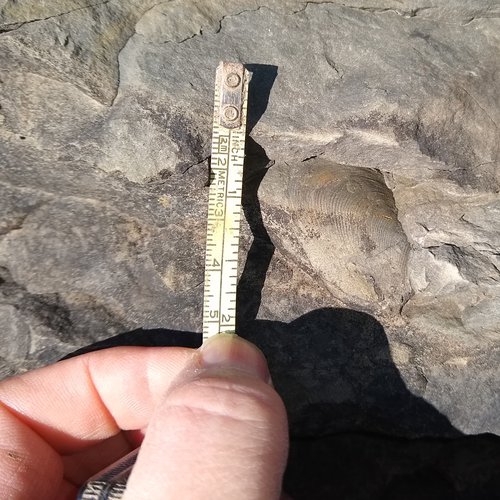The University’s commitment to residential classes for the fall brings with it many new complications. These include starting a week earlier in August and ending the semester before Thanksgiving break and even scheduling classes for weekends. Students are strongly discouraged from leaving campus, which will impact our fieldtrips. Social distancing requirements mean that lectures in our large-enrollment classes will have to be online because of the seating limits of our auditoriums. Available space across the campus does not permit these to simply meet as multiple sections at different times. To accommodate students who cannot get to the campus, for example those who remain abroad or who are in quarantine, online presentations must be recorded so that they can be viewed when convenient in any time zone or when health issues permit. Even medium-sized classes of 30, like our recitations and labs, will have to meet with face masks in multiple sections because of distancing concerns. Not what any of us ever imagined for our Department.

One of the most obvious adjustments to teaching has been the need to develop online classes. Just before Spring Break in mid-March the University abruptly terminated residential classes and all of our classes had to be shifted to an online mode. Summer classes and many fall classes will continue to be offered online with some component of in-person interaction limited to small classes, recitations or lab sections. The faculty and teaching assistants had to very rapidly learn new approaches to instruction as well as how to make videos and to transfer entire classes into accessible software programs. This is not simply as easy as making a video of each class meeting since interactions with students are much more difficult. Homework and exams have to be managed online too. One of the biggest challenges is adapting the active learning, hands-on teaching of our teaching labs.

The faculty and teaching assistants did a heroic job at the end of the spring semester but they are now faced with even larger jobs with greater expectations for the fall—and possibly beyond. Research has also been strongly impacted. In March, all research facilities across SU and in the Heroy Geology Laboratory were shut down. Beginning in early June, the SU administration began allowing faculty and graduate students to return to work on campus under strong health and safety restrictions. Research is being re-established progressively in phases separated by two weeks. In each phase only a few additional investigators are authorized to return. Fortunately, many faculty and graduate students online research, data analysis and writing can continue from home for now. Consequently, the Department’s steady stream of exciting contributions to major scientific journals has continued to be strong.
With most faculty, graduate students and Department staff working remotely until early August, Department business has continued with virtual meetings on Zoom, phone calls and email. Registration, advising, tenure and promotion reviews, committee work, budget and accounting, and countless other tasks that occur during normal conditions still have to be done, but all remotely.
As we look forward to the early start of the fall semester, we also have to plan for new health and safety precautions. These include regular cleaning and sanitizing classroom spaces before each class, face masks, deep cleaning overnight, frequent checks for symptoms and accommodating whatever comes up if infection begins to spread.

I think you can see that the faculty, staff and students of the Department have just begun to adjust to living with the threat of Covid-19. Nevertheless, we expect to be able to maintain our strong research programs, offer our classes for both majors and non-majors and adapt to whatever comes our way. We look forward to life beyond the current restrictions, but for now-- we got this!
